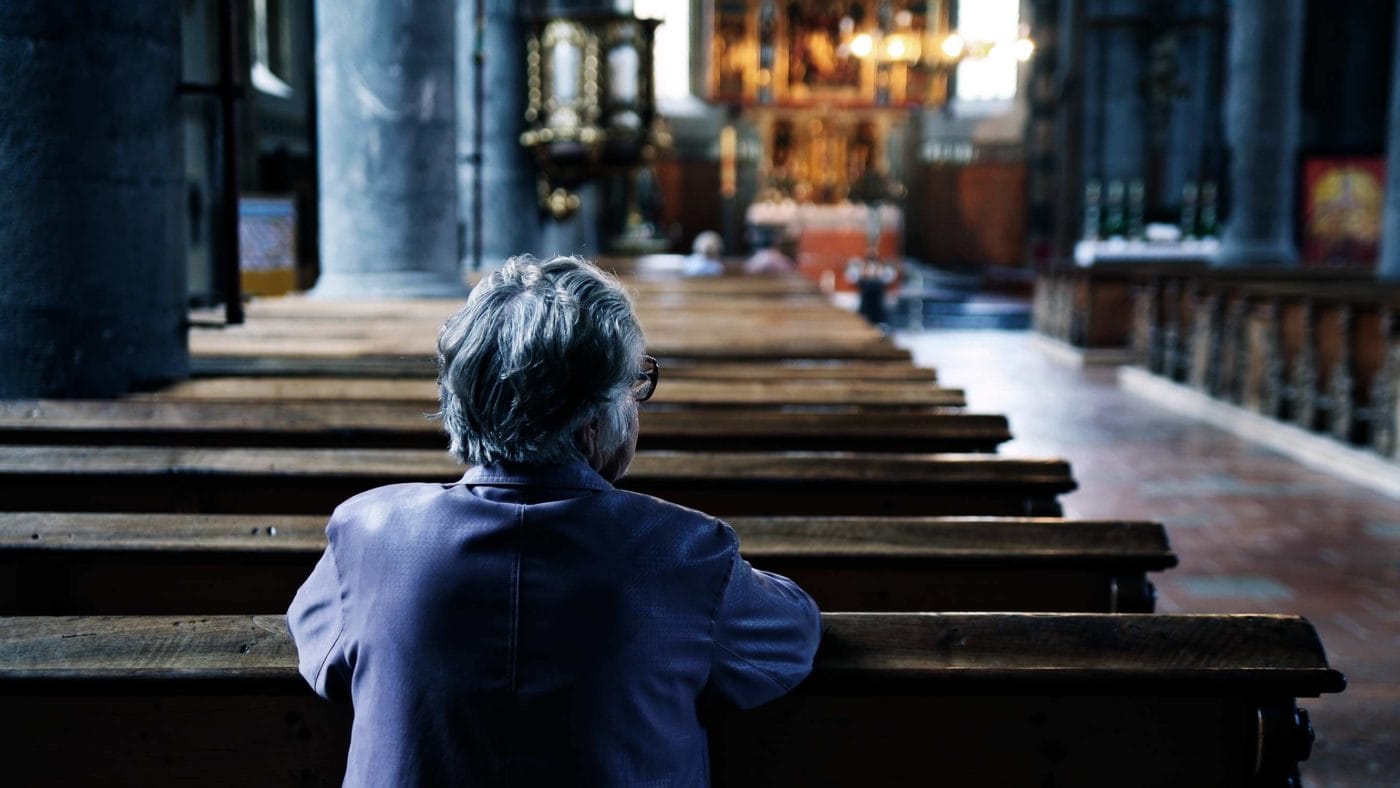The 2021 census reveals the changing face of modern Britain, a country that is evolving at a rapid pace in terms of demographic change.
Perhaps the most striking statistic is that, for the first time, well under half the population of England and Wales (46.2%) identify as Christians. The fall has been precipitous: just 20 years ago that number was 71.7%, and in 2011 it was 59.3%. We may be a European society with an established church, but the figures suggest a society undergoing full-throttle secularisation.
Indeed, the percentage of people who state that they are of “no religion” has increased by 12 percentage points from 25.2% in 2011 to 37.2% in 2021. At the same time, it’s worth noting that among those of ‘no religion’, there will be people who may not be attached to an organised form of religion but are nevertheless spiritual and believe in a ‘higher power’ of some kind.
And while Christianity has declined sharply in England and Wales, other religions have seen pronounced growth in their numbers. Since the 2011 Census, the number of people who identify as Christian has decreased by 5.8 million, while the number of those describing themselves as Muslim has increased by 1.2m (from 2.7m to 3.9m).
The percentage of the population who identify as Hindu has seen a more modest increase, growing from 1.5% in 2011 (818,000) to 1.7% (1 million) in 2021. There were small increases in the number who identify as Sikh, Buddhist and Jewish too – 101,000, 24,000 and 6,000 individuals respectively.
Those figures are a reminder that ours is a society that is not just defined by the secularisation of the mainstream, but also by increasing religious heterogeneity. The degree of ethnic change in recent years further cements our status as a hyper-diverse democracy.
The latest Census found that just over four in five people (81.7%) in England and Wales are ‘White’, down from 86% in 2011. The number in the rather broad ‘Asian’ category, meanwhile, is up from 7.5% in 2011 (4.2m) to 9.3% (5.5m).
The equally broad ‘Black’ category has risen from 3.3% (1.9m) to 4% (2.4m) – although there is some interesting nuance to this data. The number of people of Black African background has risen sharply, but the number of Black Caribbean origin – the ethnic-minority category which is traditionally the most integrated in the secularised white-British mainstream – has fallen slightly, from 1.1% of the population to 1%. At the same time there has been a notable increase in mixed-race people (2.2% to 2.9%). The ‘White Other’ category, mostly made up of Poles and Romanians, has also gone from 4.4% to 6.2% of the population in the last decade.
So the overall picture is of an ethnically and religiously diverse country, in which the proportion of White Brits has declined slightly and the number of Christians has fallen sharply. At the same time a number of non-white, non-Christian groups have grown as a proportion of the overall population.
Generally speaking, the UK (though note that this Census only covers England and Wales) has managed the changes in its demography very well. For all the whacky New York Times articles about how unspeakably racist Britain is, we are actually one of the most successful multi-ethnic democracies in the world – and the growth in the number of mixed-race people is a testament to that. It’s also a rejoinder to the kind of reheated Powell-ism that surrounds any new data about demographic change. Those who predicted that a more ethnically diverse Britain would result in widespread sectarian strife were completely wrong, and should admit as much.
At the same time, we cannot rest on our laurels. The recent disorder in Leicester, which brought sub-continental sectarianism to the streets of a regional English city, served as a brutal reminder that a multi-religious society can entail challenges and conflict. Fraying social cohesion also has implications for an ever-expanding, comprehensive welfare state that can only be truly sustained by bonds of trust and mutual regard.
All of which is to say that adopting an entirely uncritical view of diversity, as some are wont to, would actually be a step backwards. We can embrace the fact that Britain is a country made up of many different kinds of people, while also acknowledging the difficulties that can create in terms of community cohesion – including between different ethnic minority groups.
If anything, the latest census should be a catalyst for policymakers and community leaders to renew those efforts to strengthen relations between our different ethnic and religious communities.
Click here to subscribe to our daily briefing – the best pieces from CapX and across the web.
CapX depends on the generosity of its readers. If you value what we do, please consider making a donation.


